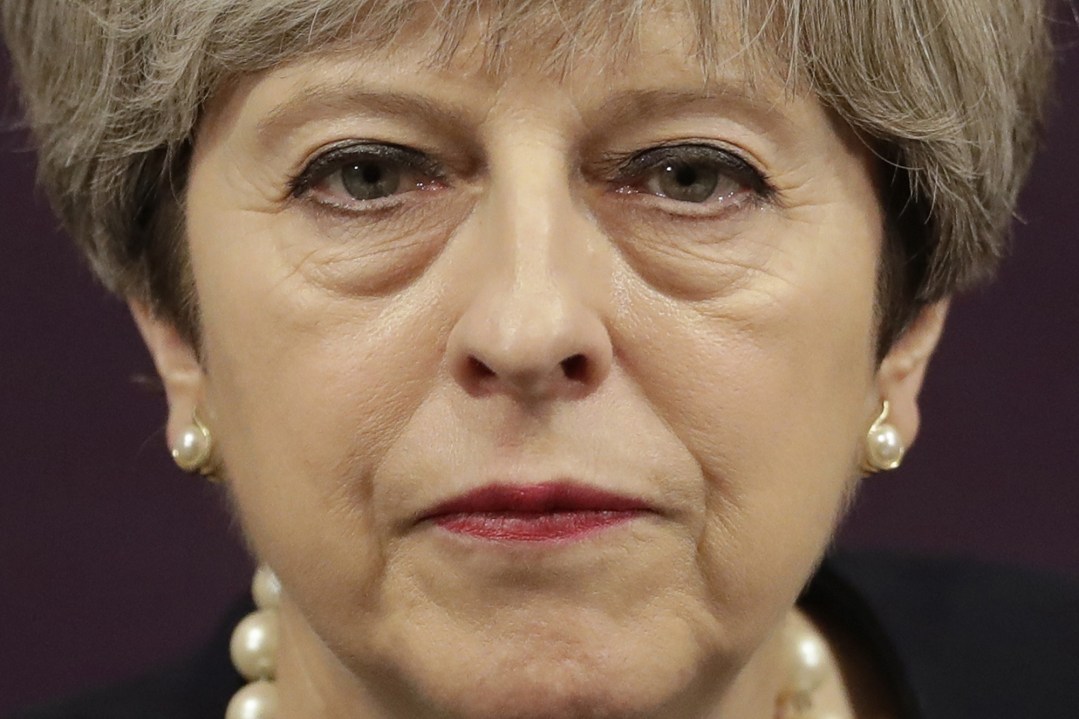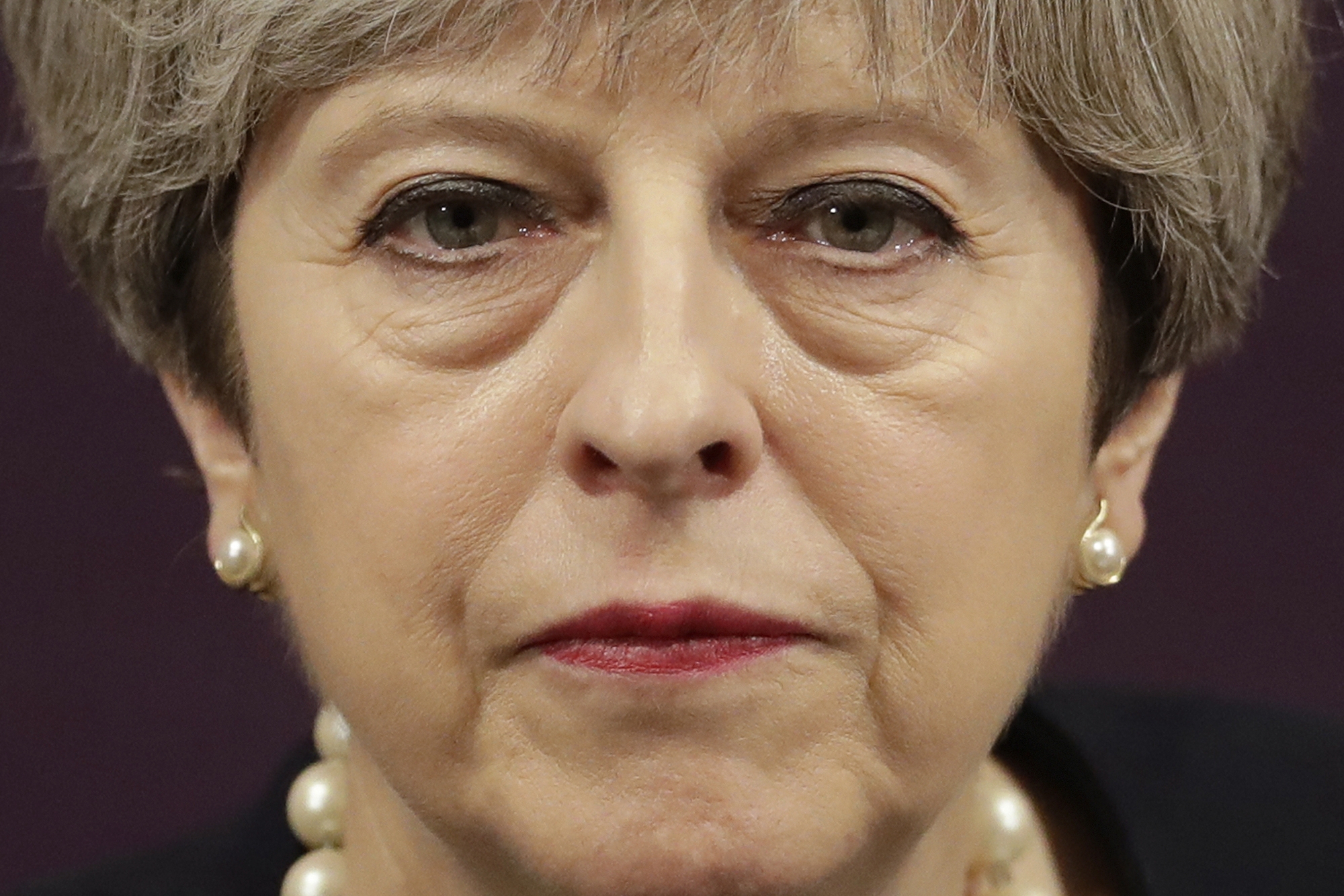Theresa May could not have been any clearer: the UK is leaving the jurisdiction of the European Court of Justice after Brexit. Here’s what she told the Tory party conference back in October:
‘Let’s state one thing loud and clear: we are not leaving the European Union only to give up control of immigration all over again. And we are not leaving only to return to the jurisdiction of the European Court of Justice. That’s not going to happen.’
And for those who didn’t get the memo, here she was in January:
“So we will take back control of our laws and bring an end to the jurisdiction of the European Court of Justice in Britain.”
Now, things aren’t quite so clear. In the government’s position paper on the matter, which is published this afternoon, a new word has popped up. Ministers say they are seeking to ensure the UK will no longer be under the “direct jurisdiction” of the European Court of Justice (ECJ) after Brexit. Given how carefully combed through these documents will have been, an addition like this is no accident. For the government, there is no doubt of the benefit of trying to find some wiggle room here. The ECJ plays a key role in essentially arbitrating the single market – settling disputes between member countries, for example – so accepting that the ECJ might play some, indirect role in influencing British law after Brexit makes the possibility of a deal more likely.
Of course though, not everyone is happy. Bernard Jenkin, most likely speaking for a number of his colleagues on the Tory backbenches, said that the court “should not have any role” when Britain leaves the EU. While the Sun, in its editorial, is clear what it doesn’t want: ‘Anything which allows the ECJ to maintain its hold over us must be resisted’.
Labour meanwhile is continuing its policy of having its cake and eating it on Brexit. After earlier calling on the Prime Minister to ditch the “ideological and deeply unhelpful red line”, Keir Starmer, shadow Brexit secretary, is now somewhat less impressed by this apparent ‘U-turn’:
“The repeated reference to ending the ‘direct jurisdiction’ of the ECJ is potentially significant. This appears to contradict the red line laid out in the prime minister’s Lancaster House speech and the government’s white paper, which stated there could be no future role of the ECJ and that all laws will be interpreted by judges in this country.”
On the Today programme, it was left to Dominic Raab to explain the position the government might take. The justice minister said that many disputes could be ironed out through diplomatic channels or what he called ‘sub committees of experts’, who would oversee technical issues arising from disagreements. His third solution – a form of international arbitration – is where things get more complicated for the government to reconcile with the PM’s ‘red line’. Raab said that the UK would appoint an arbitrator – and so, too, would the EU – to sit on a panel to iron out ‘bones of contention’. Raab said that this setup would be ‘fundamentally different’ from the ECJ status quo, because it will involve arbitrators rather than judges. But whether all sides can be convinced that this arrangement doesn’t cross Theresa May’s ‘red line’ will be crucial to the success of this proposal. And if Brexit supporters don’t buy it, the government should brace itself for the backlash.








Comments